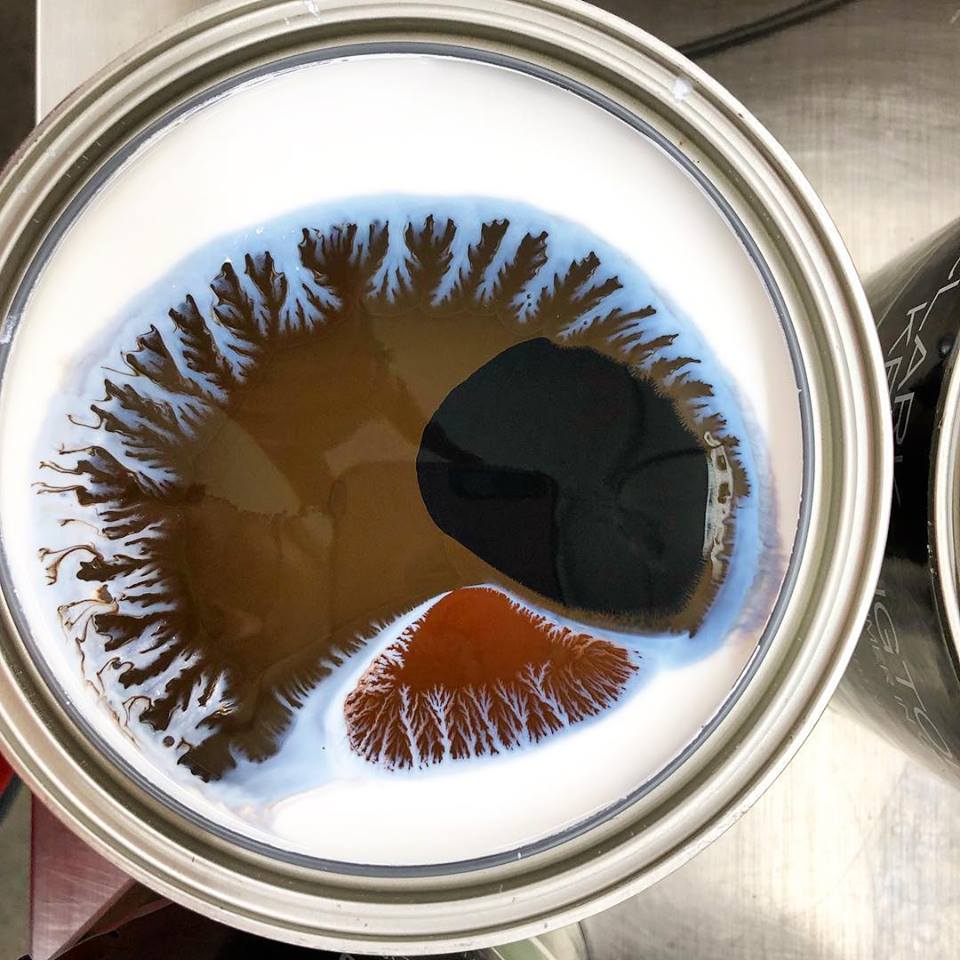
I.
“Butcher” has nearly disappeared from public use. Customers prefer “meat cutter” because they associate “butcher” with “slaughter” and therefore “cruelty.” My father was not a certified butcher. He learned the trade working with his brother in grocery stores when they were young. My father’s job consisted of cutting steaks and grinding hamburger meat and running the bandsaw through thick beef slabs. He’d lay out the freshly-cut chops into sterilized Styrofoam trays, each cut with a plastic pad beneath it to soak up any run-off from the meat. He often cut himself—his hand, his knuckles. He went to work in sanitized white and came home, smock stained red. You couldn’t tell where his blood ended, where the animal’s began.
II.
“Butcher” is a synonym for “murder” or “slaughter.” You can hear it on the news after a gruesome attack: “Man butchers three at local Walmart.” You can read it in history books about regimes who “butchered” populations. We use “butcher” to talk about language, how certain people “butcher” a phrase. Each time I hear it, I have to listen again. For me, the butcher is the man in white, the one who cuts the once-living into neat rows of steaks and chops for us to consume. Perhaps there is a connection here? Perhaps “butcher” means to do the things we can never face doing on our own. “I really butchered that one,” I heard a musician say once after a botched song. Everyone agreed.
III.
Cut this section. Cut that one. Cut it out. Carve out some time. Slice of life vignette. Our language is filled with image of butchering. I tell students “cut your prose down. Move your subjects and verbs closer together. Cut the fat,” as though language were meat, as though behind these lines of neat words, it existed as an animal might, grazing in my brain, wild and free. Someone had to kill it. Someone had to bring the carcass to the butcher, who with practiced hands, cut and carved until only what mattered remained. Like Michelangelo before a stone, I sometimes think the story exists buried in language. I forget that before I take up my knife, I have to invent the creature who roams the woods alone.
Jeff Newberry tells stories in poetry and prose. His most recent book is a collaboration with the poet Justin Evans, a collection of epistolary poems entitled Cross Country. His writing has appeared in a variety of print and online journals, including The MacGuffin, Sweet: A Literary Confection, and Fiction Southeast. A native of the Florida Gulf Coast, he lives in South Georgia with his wife, son, daughter, and Sally the wonder dog. He teaches in the Writing and Communication Program at Abraham Baldwin Agricultural College. He is the poetry editor of Green Briar Review.

3 comments
Thomas Alberti says:
Jun 29, 2019
How often, we misused things, abused things, never used things for what they are meant to be.
Mary Sojourner says:
Sep 11, 2019
Absolutely brilliantly done. And a relief from so much of the self-focused contemporary writing. Thank you.
Barry Mackoniner says:
Mar 18, 2022
This was a wonderful piece of art! Well done!